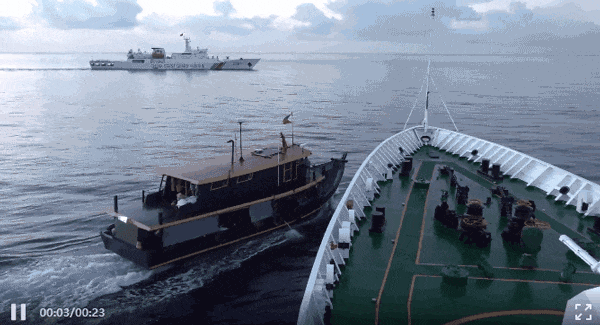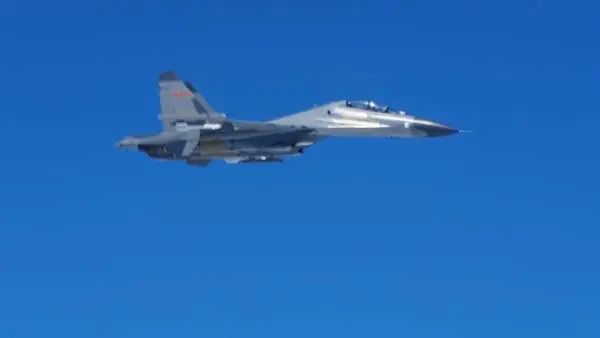This article is an excerpt from Zhou Bo’s remarks at the 15th South China Sea International Conference in Vietnam. Senior Colonel Zhou (ret.) is a senior fellow at Tsinghua University’s Center for International Security and Strategy and a China Forum expert.
Zhou Bo:
I believe China has exercised maximum restraint on the South China Sea issue. There was discussion just now about China’s use of water cannons against Philippine Coast Guard vessels, but I think this only demonstrates the minimum level of China’s determination to safeguard its sovereignty. On the other hand, few people have mentioned that the Philippine Coast Guard had killed Chinese fishermen in 2000 and 2013.
There is also the issue of external intervention. I think it is impossible that there will be no external interferences on South China Sea. Today, there are almost no military talks between the China and the US, but my question is: what is the use of such talks at all if they were ineffective in the first place?

The communication has been ineffective because the ‘safety’ that we have been discussing for decades refers to different things. For the US, it means the safety of its aircraft, warships and crew; for China, it means the security of its sovereignty and interests. Therefore, when it comes to confidence-building measures, we are not communicating on the same channel, and this has been going on for decades.
And I think it is impossible or extremely difficult to build what the US calls ‘guardrails.’ During the Cold War, the US and the Soviet Union were able to engage in dialogue because their military strengths were generally comparable. In the South China Sea or the Western Pacific, China’s military power is growing rapidly, whilst the US wants to maintain the status quo, hence the tensions today. We don’t know which side will grow stronger in the Western Pacific, but apart from this region – which is right on China’s doorstep – China is not in military competition with the US in any other parts of the world.

Mr. Gregory Polly from the Institute of Strategic and International Studies mentioned just now the Pentagon’s claim that Chinese military aircraft would intercept US military aircraft every two and a half days. My question is, why so? Because these intercepts occur near Chinese territorial waters and in the waters or airspace of China’s exclusive economic zone. Unfortunately, I have to draw a pessimistic conclusion that perhaps such tensions will only subside after another deadly collision at sea or in the air. Therefore, I think the South China Sea is much more at risk than the Taiwan Strait.
As the UN Convention on the Law of the Sea, which was negotiated over nine years, is characterized by intentional built-in ambiguities, we must be careful when we talk about defending it: there are many details in it that are not black and white, but grey. The theme of this session is “Luminate the Grey, Light Up the Green,” and that’s what we should be doing.
(This article was first published on November 4, 2023 on Guancha.cn.)
